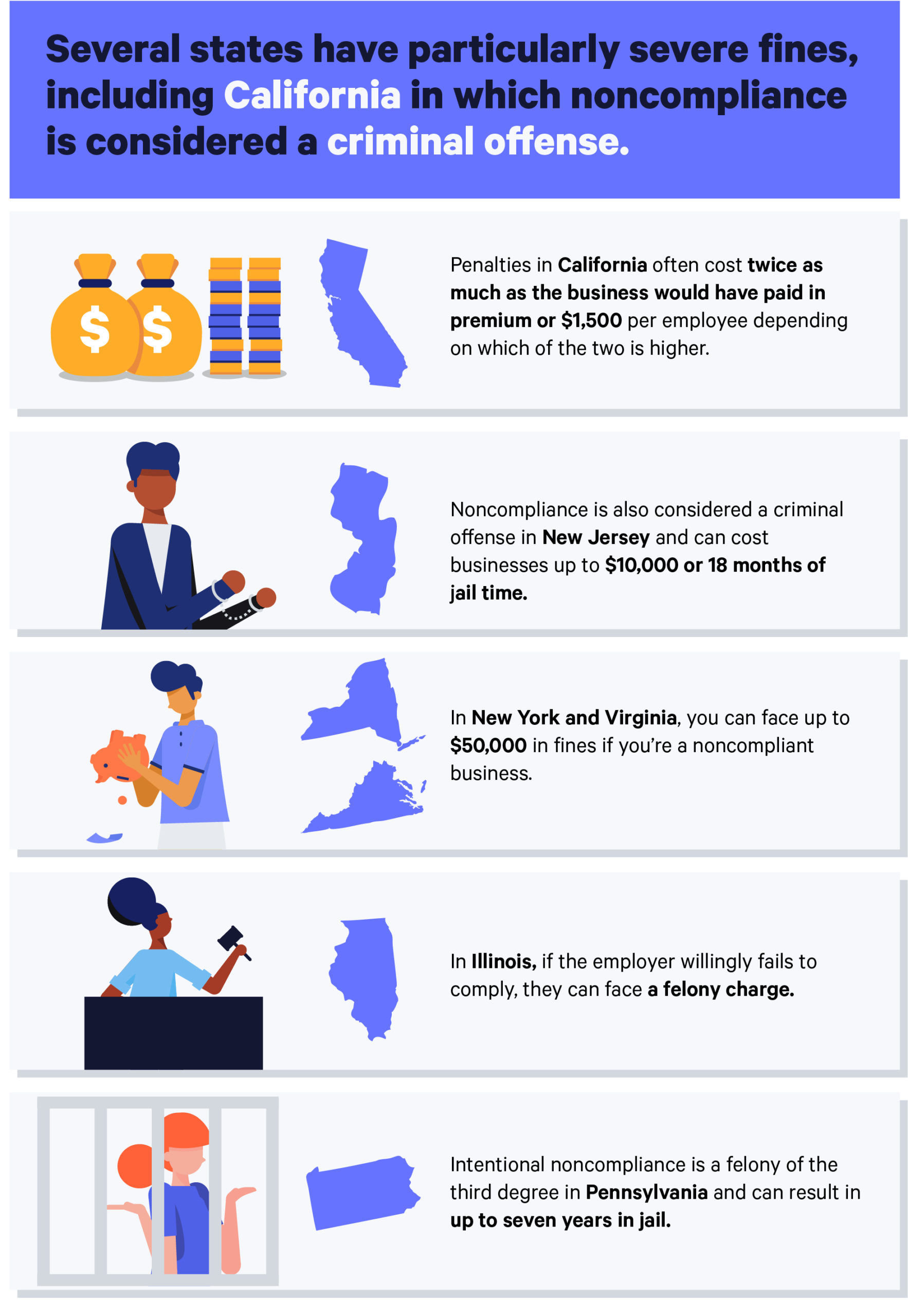How to Qualify for a Federal Housing Administration (FHA) Loan: A Comprehensive Guide
Guide or Summary:Income RequirementsCredit Score and HistoryDebt-to-Income RatioDown Payment and Closing CostsProperty RequirementsThe Federal Housing Admin……
Guide or Summary:
- Income Requirements
- Credit Score and History
- Debt-to-Income Ratio
- Down Payment and Closing Costs
- Property Requirements
The Federal Housing Administration (FHA) loan is a popular option for homebuyers seeking affordable financing. By understanding the eligibility criteria and requirements, you can streamline your application process and increase your chances of approval. This guide provides a detailed overview of how to qualify for an FHA loan, ensuring you're well-prepared for every step of the journey.
Income Requirements
One of the primary factors in determining FHA loan eligibility is your income. Lenders typically require borrowers to have a stable income that meets certain minimum thresholds. These thresholds vary based on the loan amount and the location of the property. To qualify, your income must be sufficient to cover the monthly mortgage payments, property taxes, insurance premiums, and other associated costs.
To calculate your income eligibility, lenders will review your tax returns, pay stubs, and other financial documents. They may also consider additional income sources, such as bonuses, commissions, or rental income. It's essential to provide accurate and complete financial information to ensure a smooth application process.
Credit Score and History
Your credit score and credit history play a crucial role in determining FHA loan eligibility. Lenders typically require borrowers to have a credit score of at least 580, although some lenders may accept scores as low as 500 if the borrower has other compensating factors. A score below 580 may make it challenging to qualify for an FHA loan, but there are steps you can take to improve your credit score, such as paying bills on time, reducing credit card balances, and disputing errors on your credit report.

Debt-to-Income Ratio
Another critical factor in FHA loan eligibility is your debt-to-income (DTI) ratio. This ratio compares your monthly housing expenses (including mortgage payments, property taxes, and insurance) to your gross monthly income. Lenders typically require borrowers to have a DTI ratio of 43% or less to qualify for an FHA loan. This ratio helps lenders assess your ability to manage your debt and make timely payments on your mortgage.
To improve your DTI ratio, consider reducing your monthly expenses, such as cutting back on discretionary spending or negotiating lower interest rates on existing debts. You may also explore options like increasing your income, such as taking on a part-time job or freelance work.
Down Payment and Closing Costs
FHA loans require borrowers to make a minimum down payment of 3.5% of the home's purchase price. This down payment can be made in the form of cash, savings, or a gift from a family member or friend. Additionally, borrowers must pay for closing costs, which typically range from 2% to 5% of the loan amount. These costs cover a variety of expenses, including loan origination fees, appraisal fees, and title insurance.
To ensure you meet these requirements, it's essential to save for your down payment and closing costs well in advance of your application. You may also explore options like FHA gift programs, which allow you to receive a gift of up to $7,500 from a family member or friend to assist with your down payment.

Property Requirements
FHA loans are designed to help first-time homebuyers and those with lower credit scores purchase homes in areas that may not qualify for conventional loans. However, there are specific property requirements that borrowers must meet to qualify for an FHA loan. These requirements include:
- The property must be a primary residence, such as a single-family home, a two-to four-unit property, or a manufactured home.
- The property must meet minimum health and safety standards.
- The property must be appraised by an FHA-approved appraiser.

- The property must be located in an FHA-approved area.
By understanding these property requirements, you can ensure that your chosen property meets the necessary criteria for FHA loan eligibility.
Qualifying for a Federal Housing Administration (FHA) loan requires meeting specific income, credit score, and debt-to-income ratio requirements. Additionally, borrowers must provide accurate financial information, save for down payments and closing costs, and ensure that their chosen property meets FHA property requirements. By following these guidelines and working closely with a reputable lender, you can increase your chances of securing a successful FHA loan and achieving your dream of homeownership.